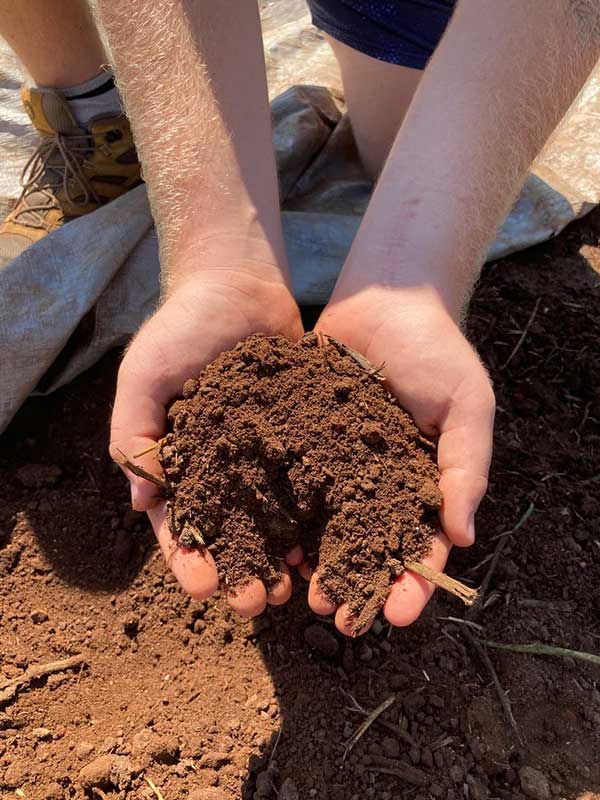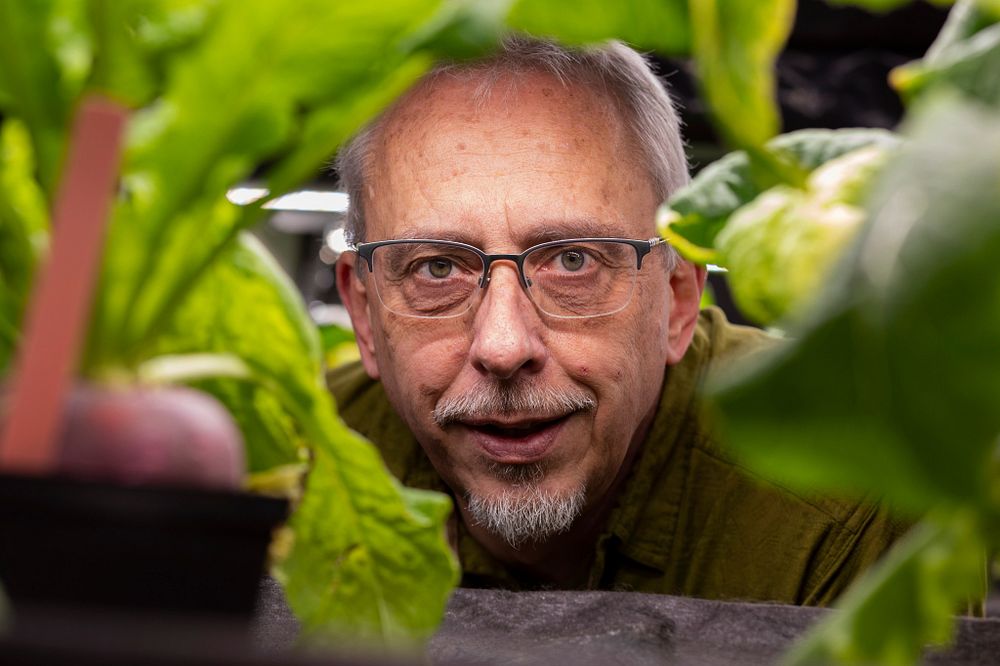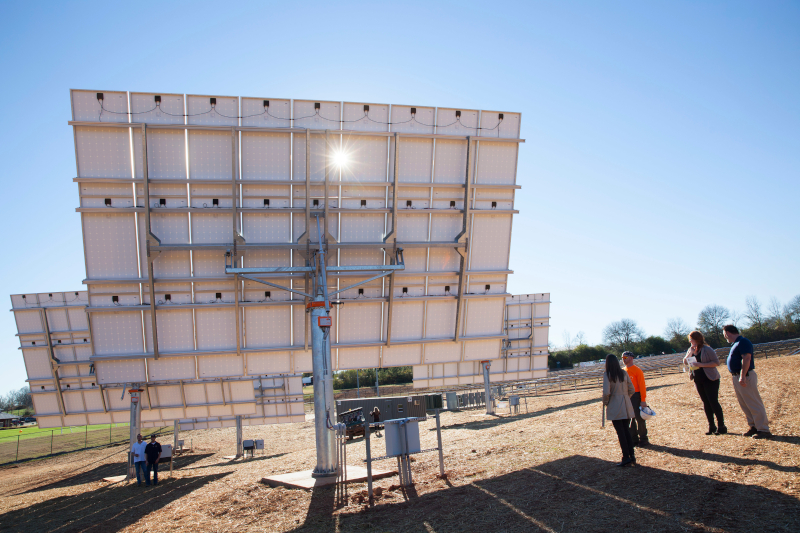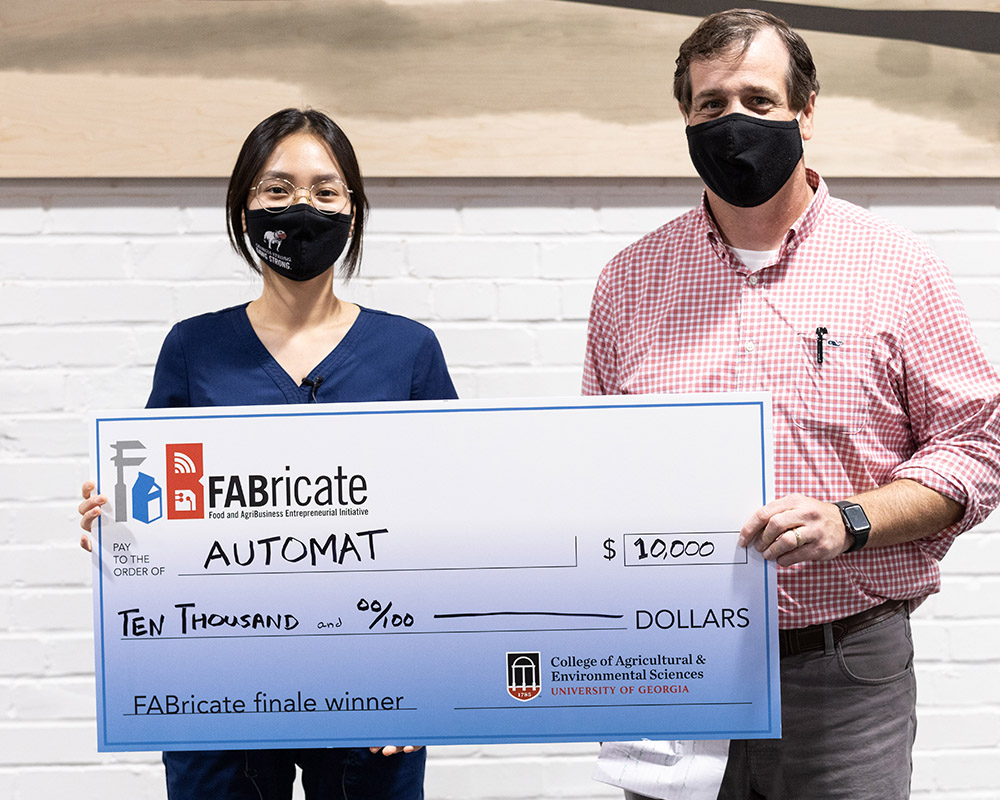by Colin Couch, Family and Consumer Sciences graduate student studying housing and consumer economics
Teaming up to reduce the amount of trash your family throws away each week can give parents and children the experience of working towards a common goal and create some fun family traditions. By working together, families can make their homes greener and limit the amount of waste their family produces.
Children who are included in conversations about household greening and recycling are more motivated to educate their friends and also green their lunchroom at school. There are numerous resources for getting your children involved in going green at home and at school. Listed below are tips for parents and children to reduce their daily waste.
Consider the product’s packaging
Packaged products make up 30 percent of solid waste. One way to reduce the amount of packaging your family throws away is to buy cereals, chips and cookies in bulk and then store them in reusable containers. Try to avoid foods that are sold in single-serve packaging; they produce more waste per serving and are often more expensive.
Another simple way to have a large impact on the amount of plastic waste is to bring reusable cloth bags to the grocery store.
Use reusable bags, kits and utensils for lunch
By purchasing reusable lunch bags for your children, you will not have to purchase and throw away paper bags. Throwing away paper bags each day creates between 4 to 8 ounces of garbage; nearly 100 pounds annually.
Reusable lunch kits include different sized containers for your children’s lunches as alternatives to zippered plastic bags that are thrown away daily. By purchasing reusable utensils, you can save up to $40 per year by taking plastic utensils off your shopping list.
Drink from reusable bottles
Another small change that can make a big impact is ditching juice boxes and other drinks that are in disposable containers. Packing water in reusable BPA-free water bottles not only reduces waste, but may also be healthier than grabbing a juice box or a can of soda when you need something to drink on the go.
Start a compost pile
Recycling and cutting down on disposable packaging will greatly reduce the amount of trash that your family sends to the landfill, but if you’re looking to go above and beyond, you might consider a compost pile.
Food scraps and yard trimmings make up 27 percent of the trash collected by U.S. cities, and they’re also the two main ingredients in compost, which can be used as a fertilizer and mulch in your own yard. Using compost in your flowerbeds and garden reduces the need for water, fertilizers and pesticides while keeping organic materials out of your local landfill.
For more info on starting a compost pile search “compost” at caes.uga.edu/Publications.




.jpg)


